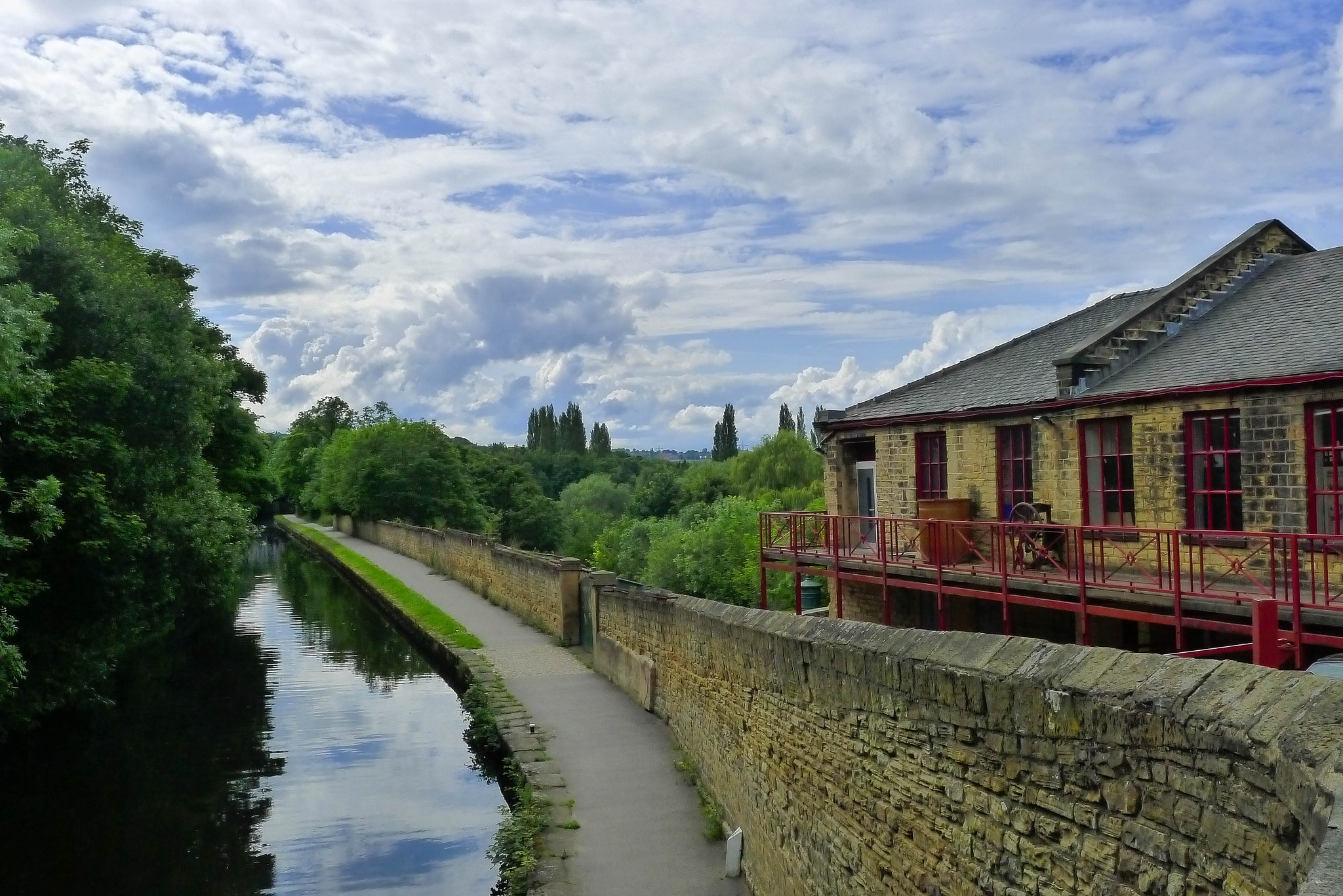Review: Mercury Rev play Deserter’s Songs
On Friday night I was fortunate enough to see Mercury Rev performing their 1998 magnum opus Deserter’s Songs at Manchester’s spectacular Bridgewater Hall.
The Bridgewater Hall, for the unfamiliar, is a purpose-built concert venue designed for the amazing sound of Manchester’s Hallé orchestra. The building’s attention to acoustic detail is extraordinary; so much so that the whole building floats on a foundation of 300 giant springs in order to separate its acoustics from those of the street outside. You can hear the difference: this is the first time I have seen a pop music act play at the venue, and it is possible to discern every note of every instrument as though you are sitting right next to it! The building only has trouble with vocals, which are still as clear as in any other music venue I have been.
The band were supported by ChameleonsVox – actually the classic Manchester post-punk band The Chameleons, renamed to reflect that only the vocalist and drummer remain from the original lineup. I was unfamiliar with their music but very impressed: it sounded like a sort of proto-post-rock, with heavy emphasis on the interactions between multiple guitar instruments and the drums, much like contemporary bands such as Explosions in the Sky. I reckon they could have done without the singer at all, however, who seemed to be a relic of a bygone age when bands like this needed vocals to sell records.
What was extremely surprising about the support was Mercury Rev singer Jonathan Donahue’s revelation partway through the main set that The Chameleons were the band he wanted to be in as a teenager; the band whose music got him through the bad times of his childhood. He expressed hope that Deserter’s Songs is the record that has done this for others in the audience, knowing full well that it has.
Mercury Rev’s main set was, of course, Deserter’s Songs in its entirety and in order. It’s an album I know inside out from many hundreds of listens in the last decade and a bit. Absolute highlights included opener Holes, an extended instrumental ending to Opus 40 and Donahue’s brilliant saw playing on instrumental Pick Up If You’re There. Even avant-garde throwaway track I Collect Coins sounded extraordinary live, although you could tell the band had put some effort into making it so. The only slight disappointment was Hudson Line, which recorded is very dependent on instruments to which the band had no access live.
Speaking of instrumentation, it deserves a special mention. The Rev’s unique sound is characterized by having two keyboard players, who typically set their instruments to different voices producing a huge array of different instrumental experiences. The sound is rounded off by traditional rock instruments, including Donahue himself adding an additional guitar for many tracks, reminding us that this was once his forte when he was guitarist for the Flaming Lips in the late 1980s.
Most disappointing was the audience reaction. Seated gigs are rarely animated, but you’d think some people would get shifting in their seats during a song called Delta Sun Bottleneck Stomp! The band received a standing ovation at the end of their main set and their encore, however, so the audience must have loved it even in their slightly subdued way.
The encore consisted of an animated, happy, cover of Peter Gabriel’s Solsbury Hill, early single Car Wash Hair, 2001’s The Dark Is Rising (Donahue’s on-stage actions exactly mirroring those from when I saw the band touring that album) and finally their new live finisher Senses On Fire, which does exactly what it says on the tin. A great way to finish off a great evening: a five-star performance.


 Leeds-based non-binary nerd and sewist. I won't break my streak on Duolingo for anyone.
Leeds-based non-binary nerd and sewist. I won't break my streak on Duolingo for anyone.  Delicious
Delicious Leeds Beer Quest
Leeds Beer Quest Twitter
Twitter